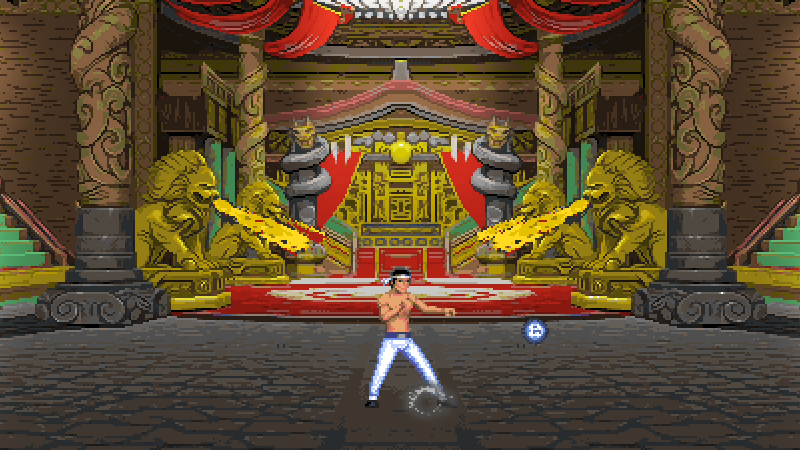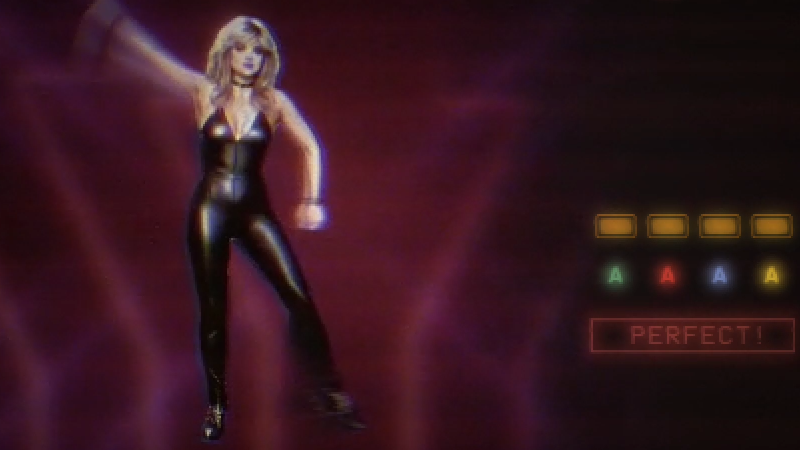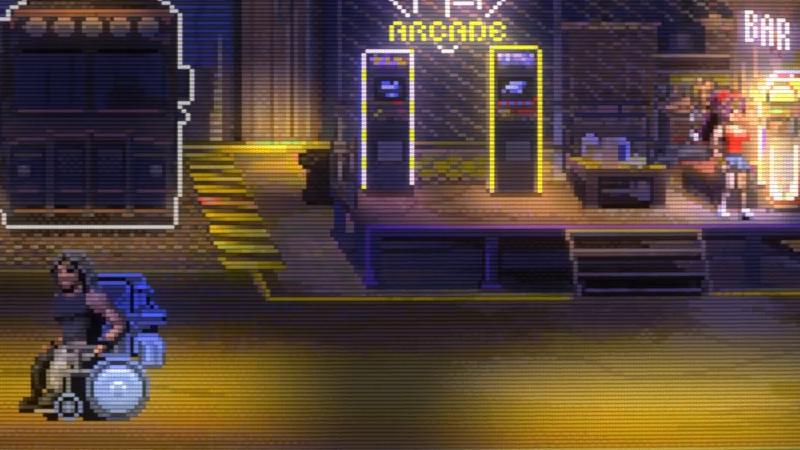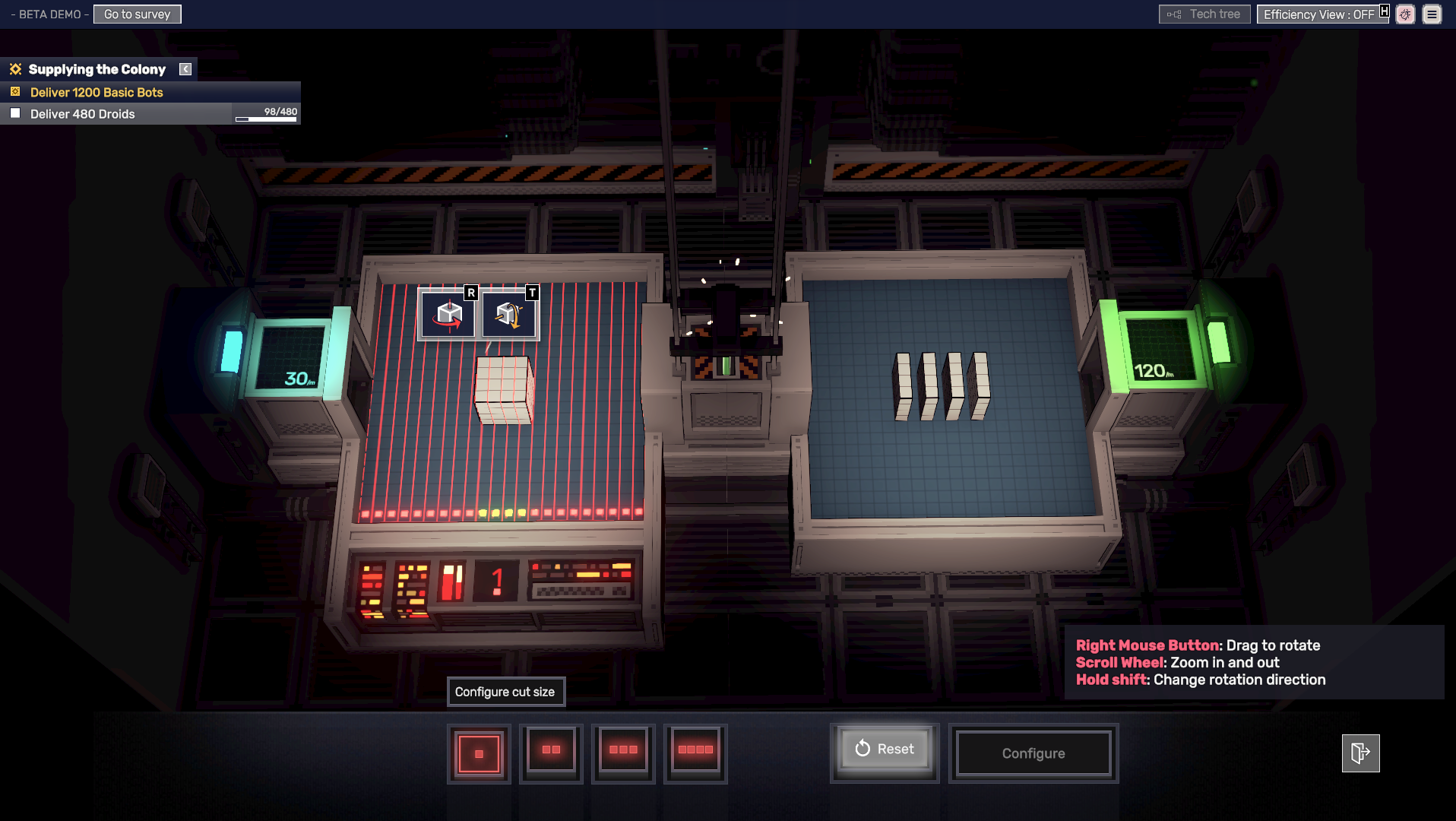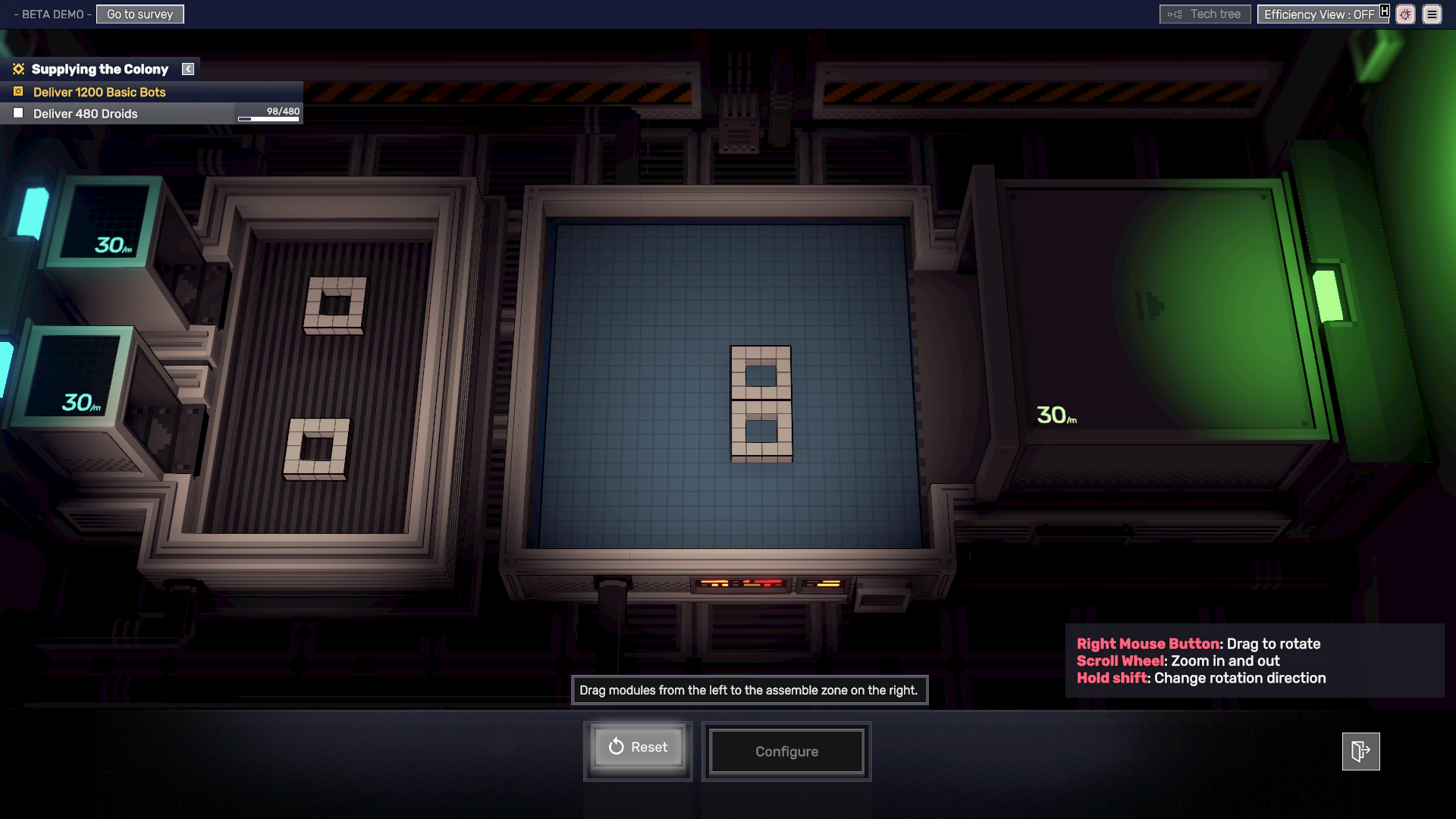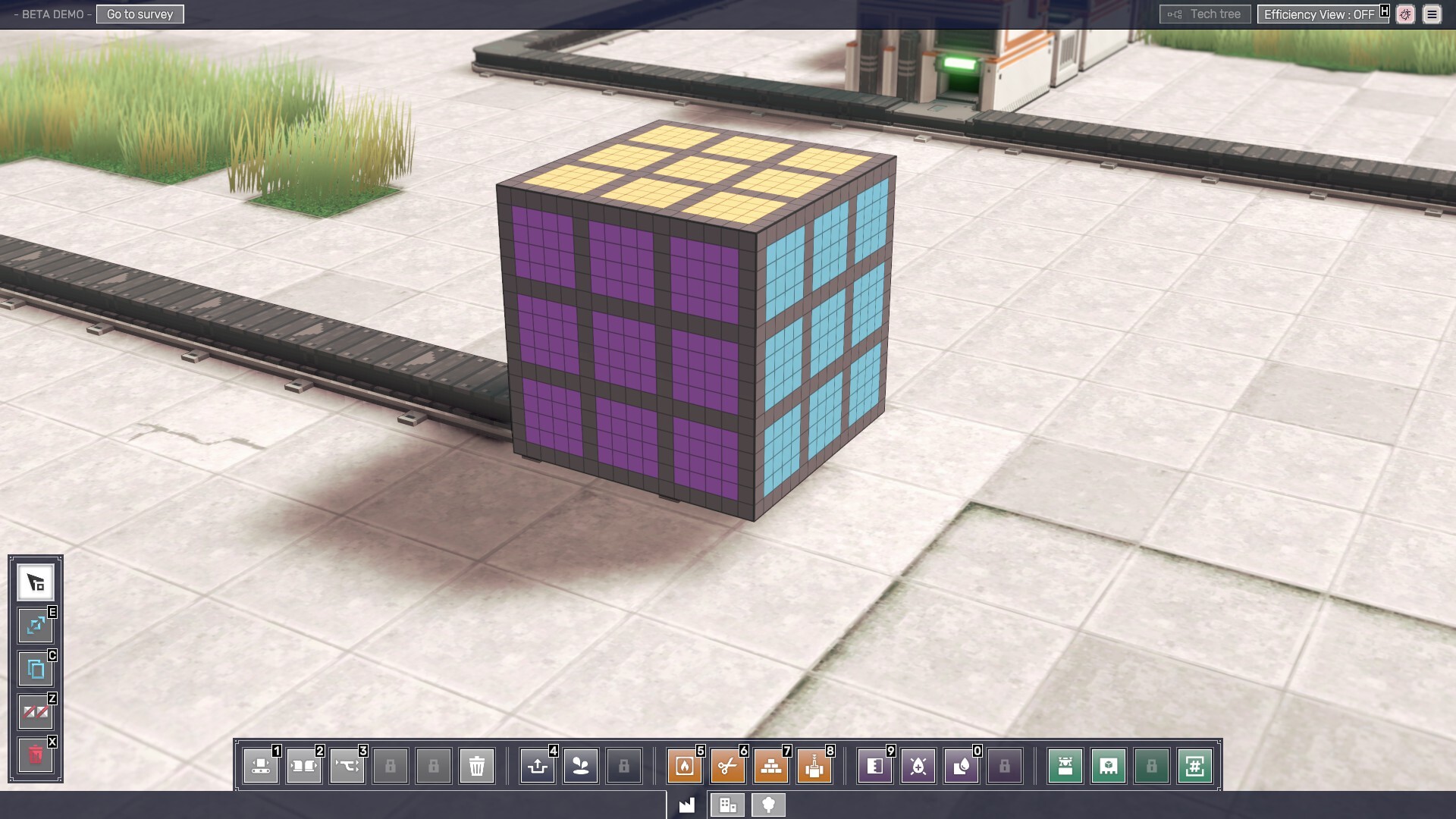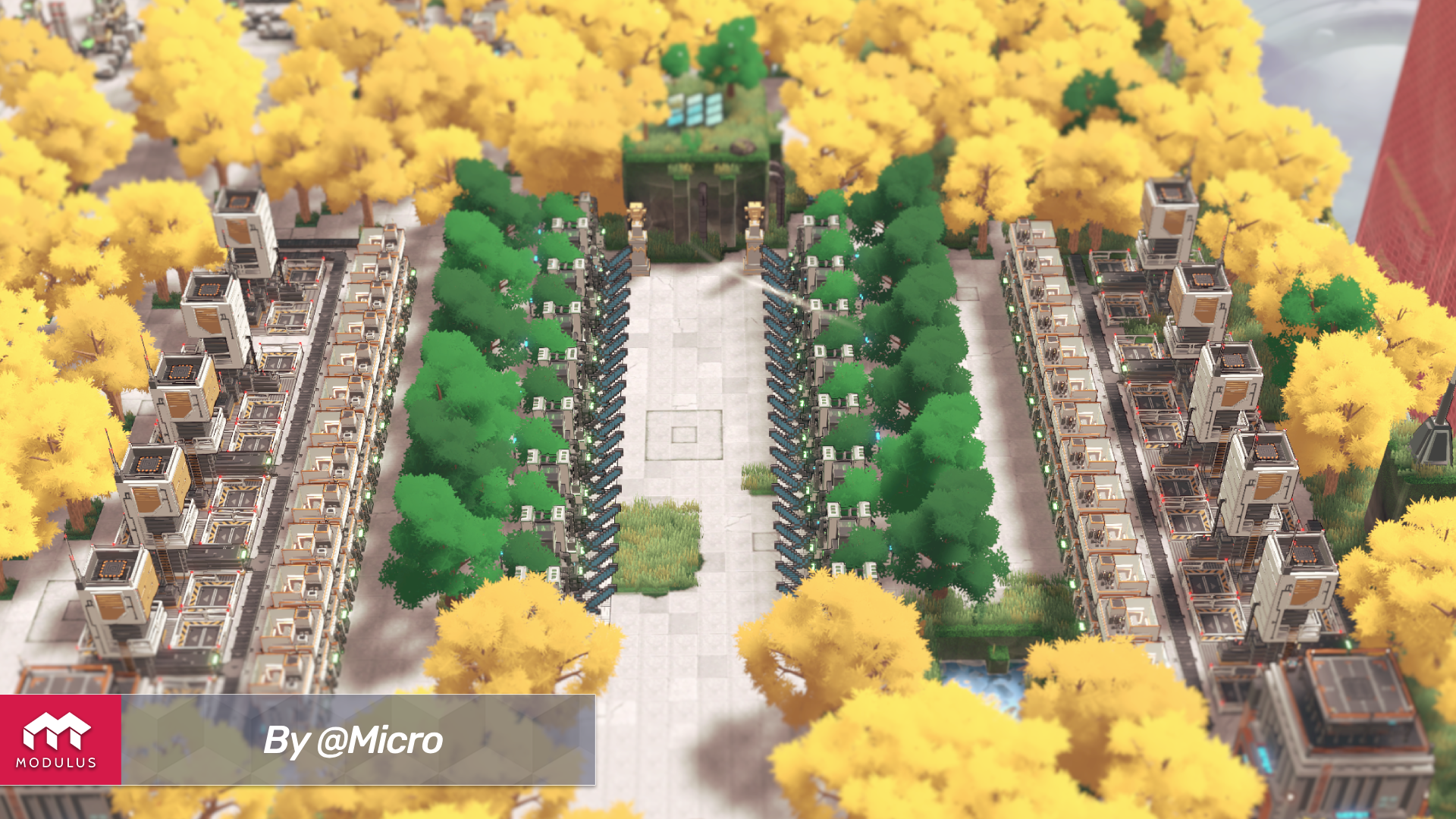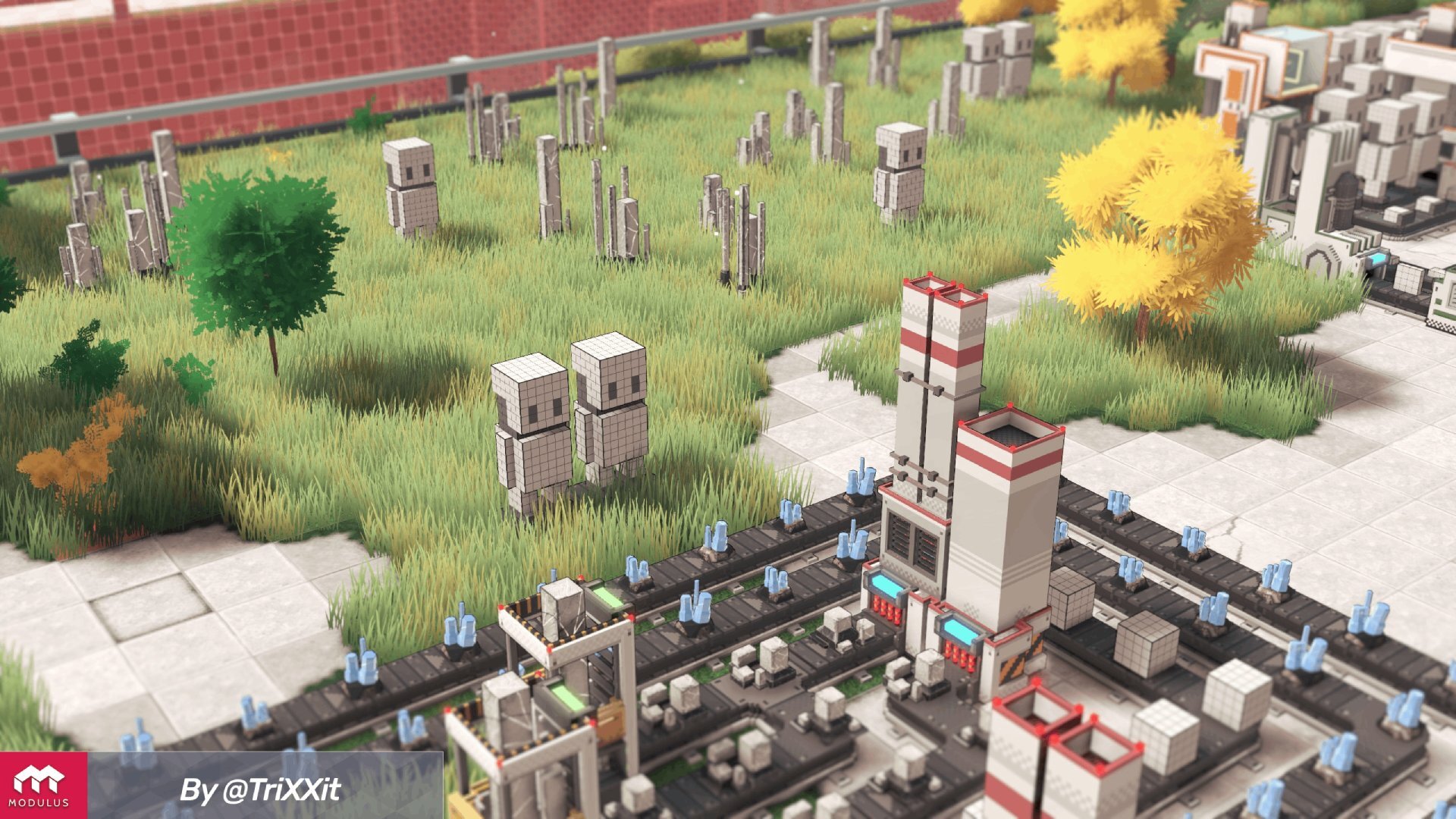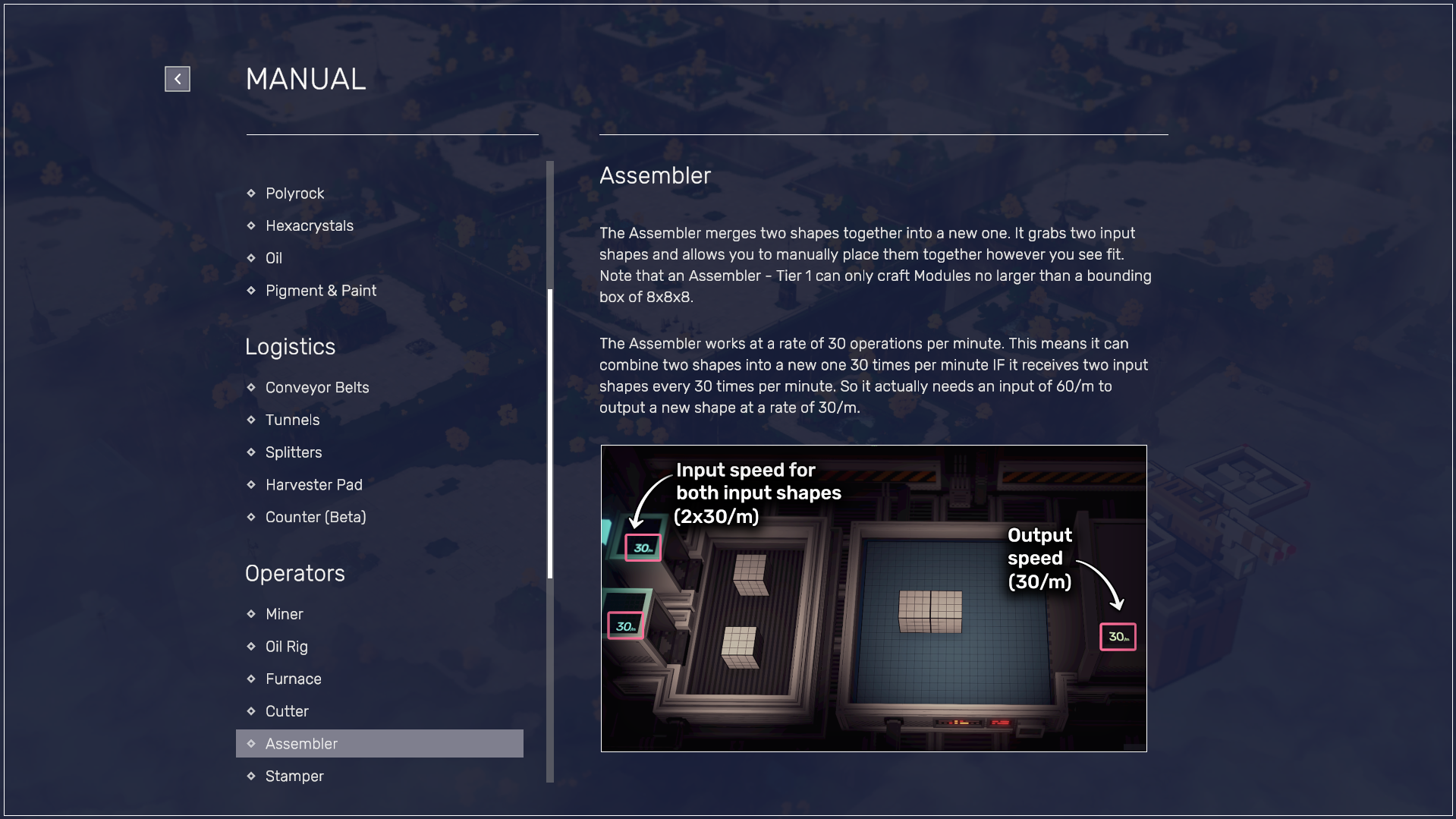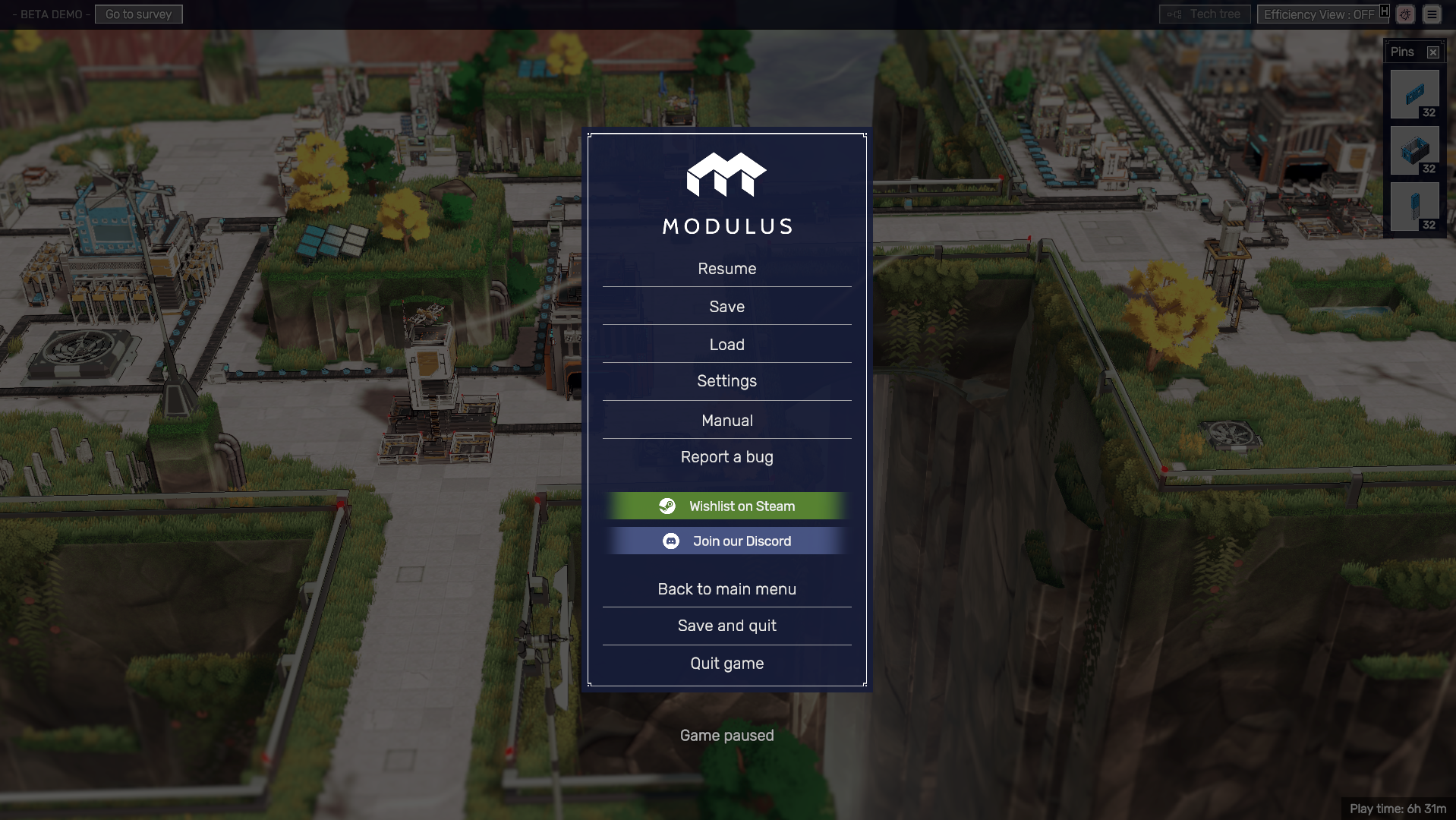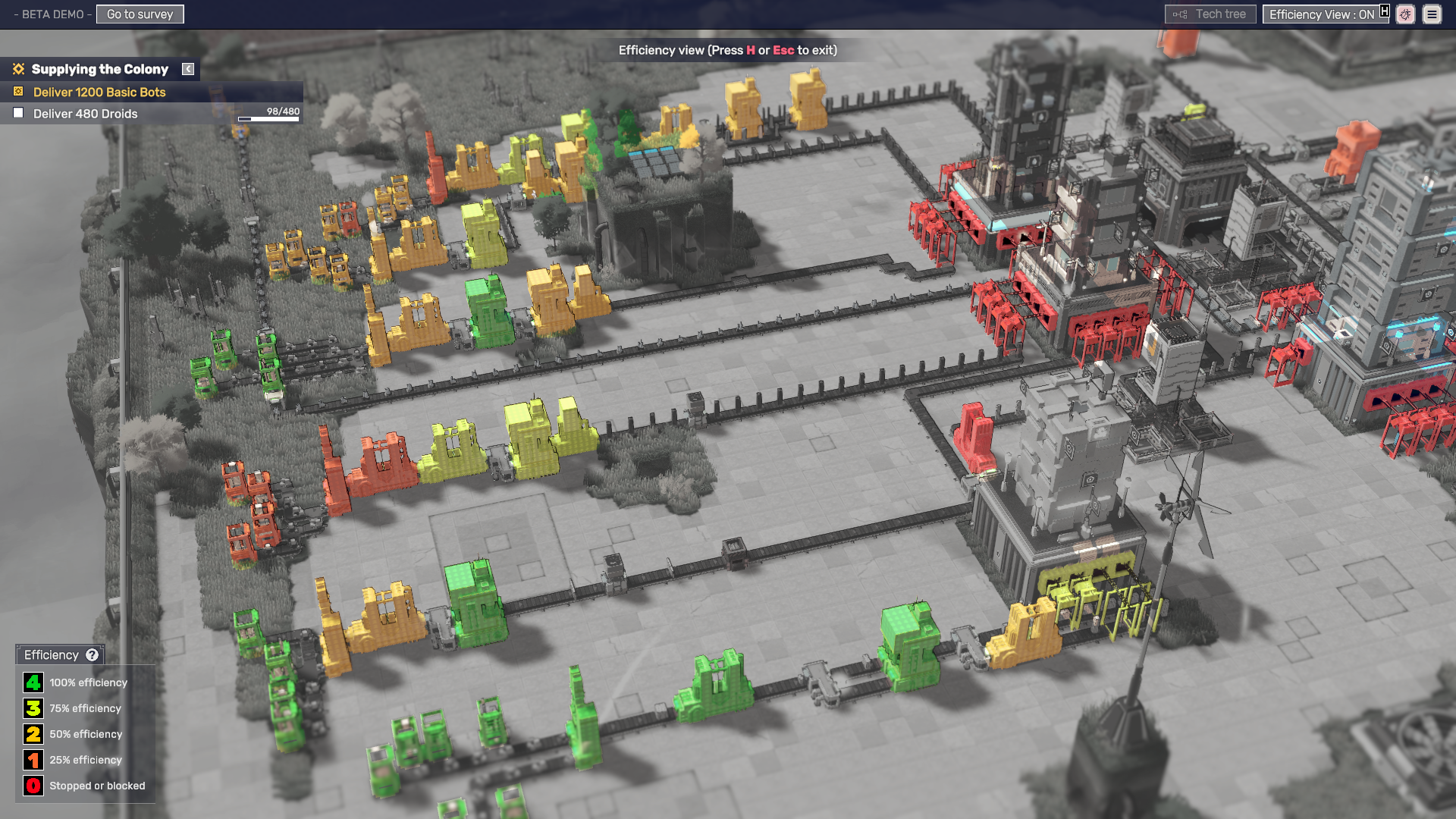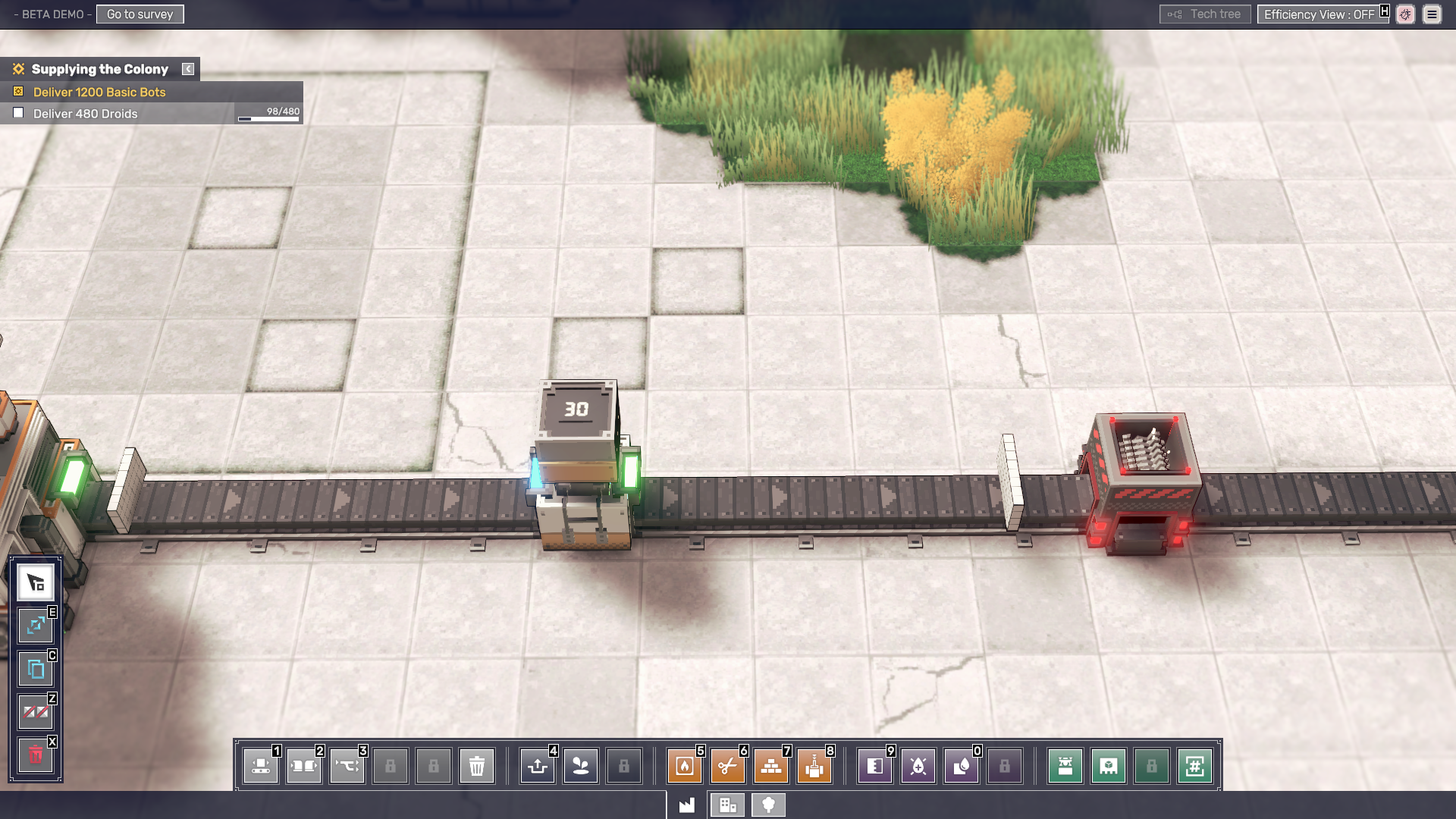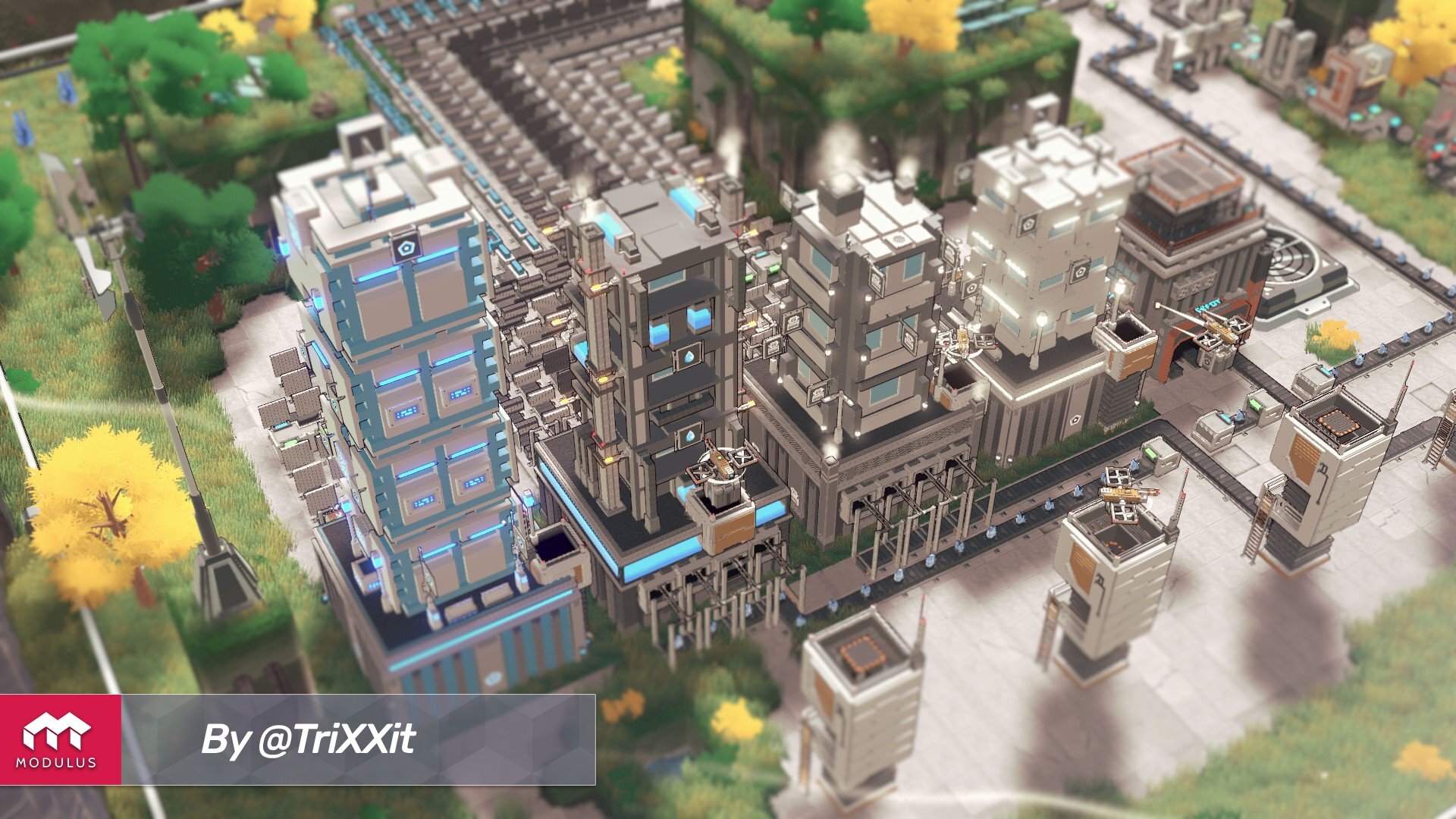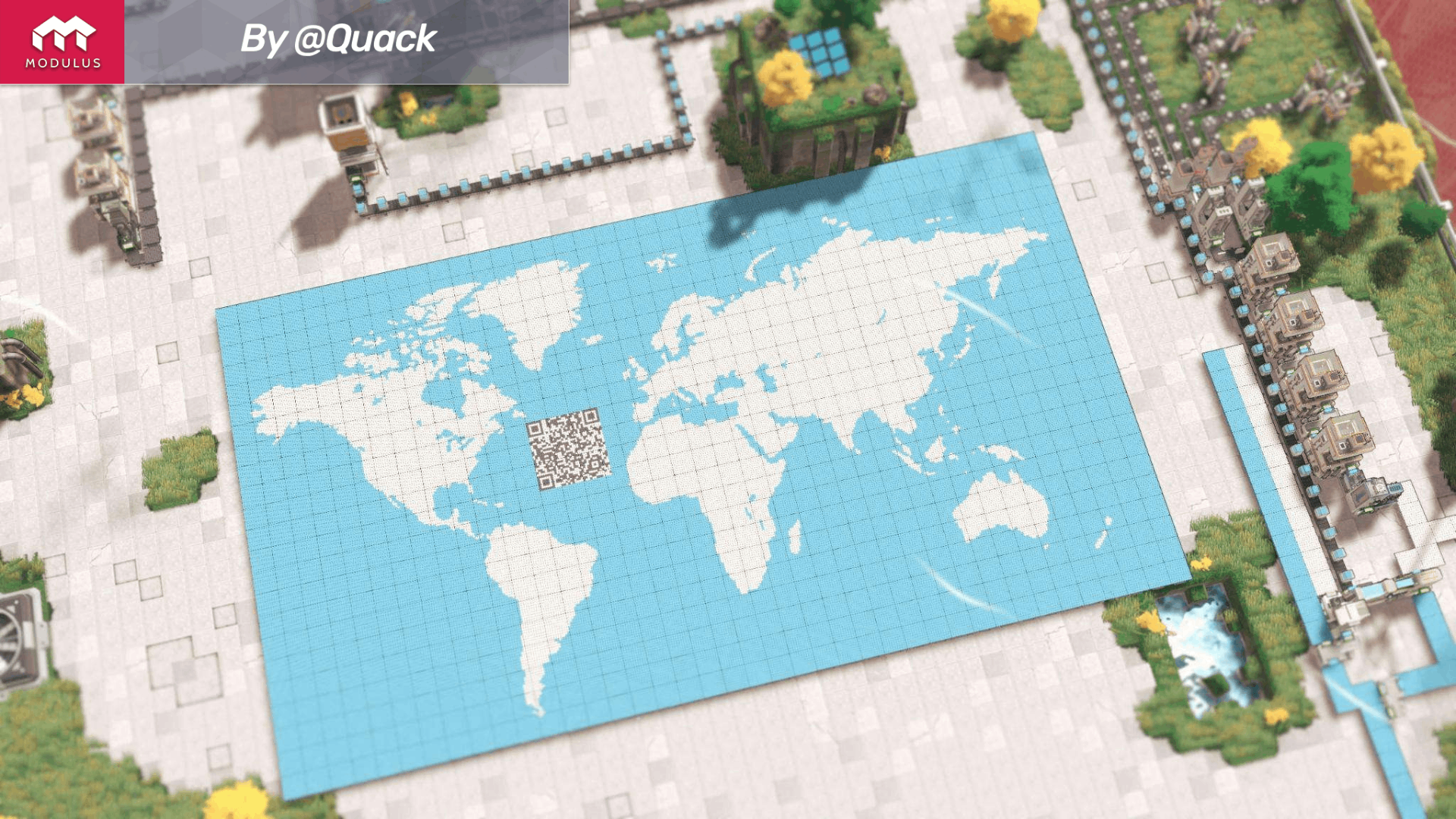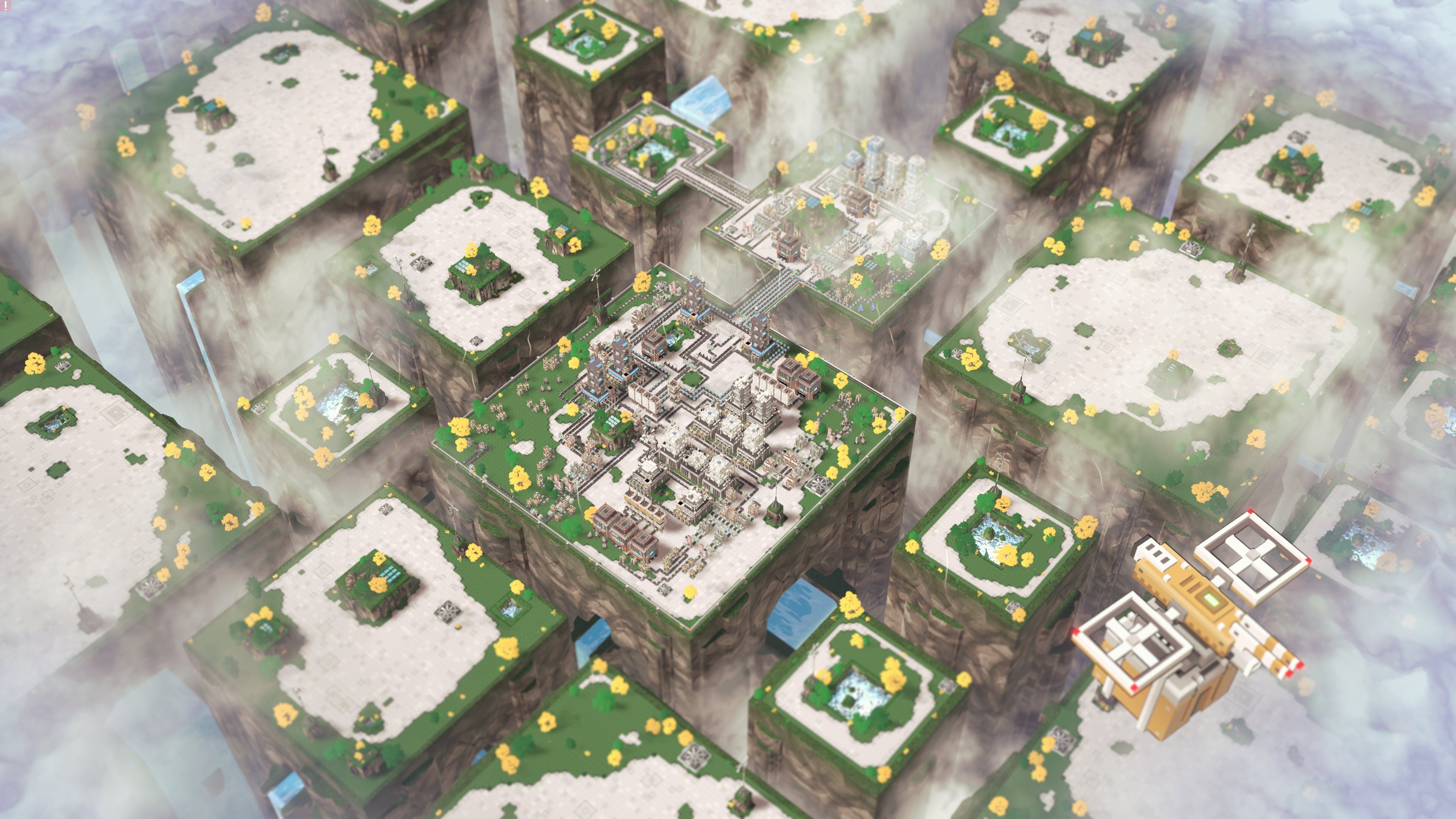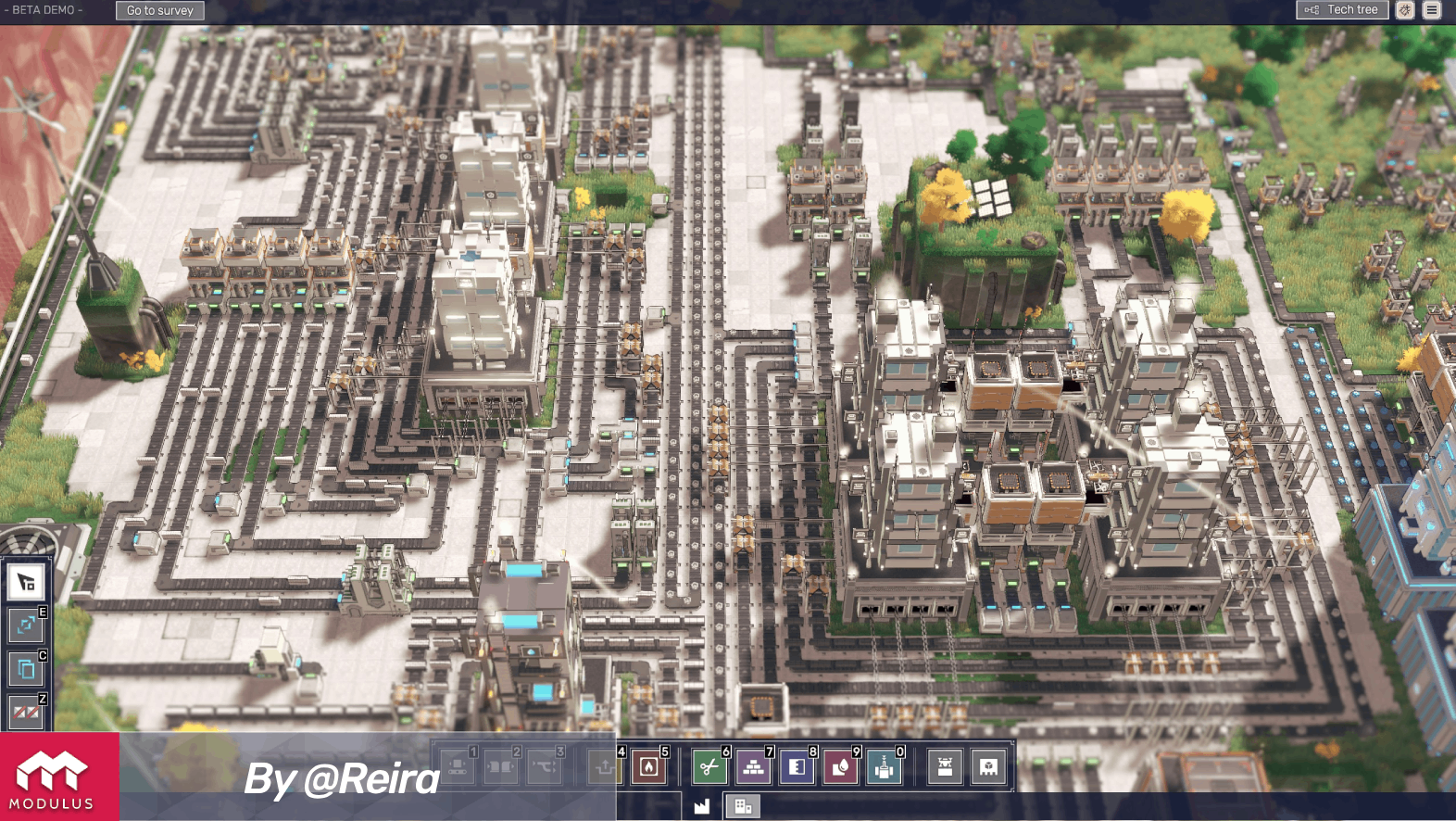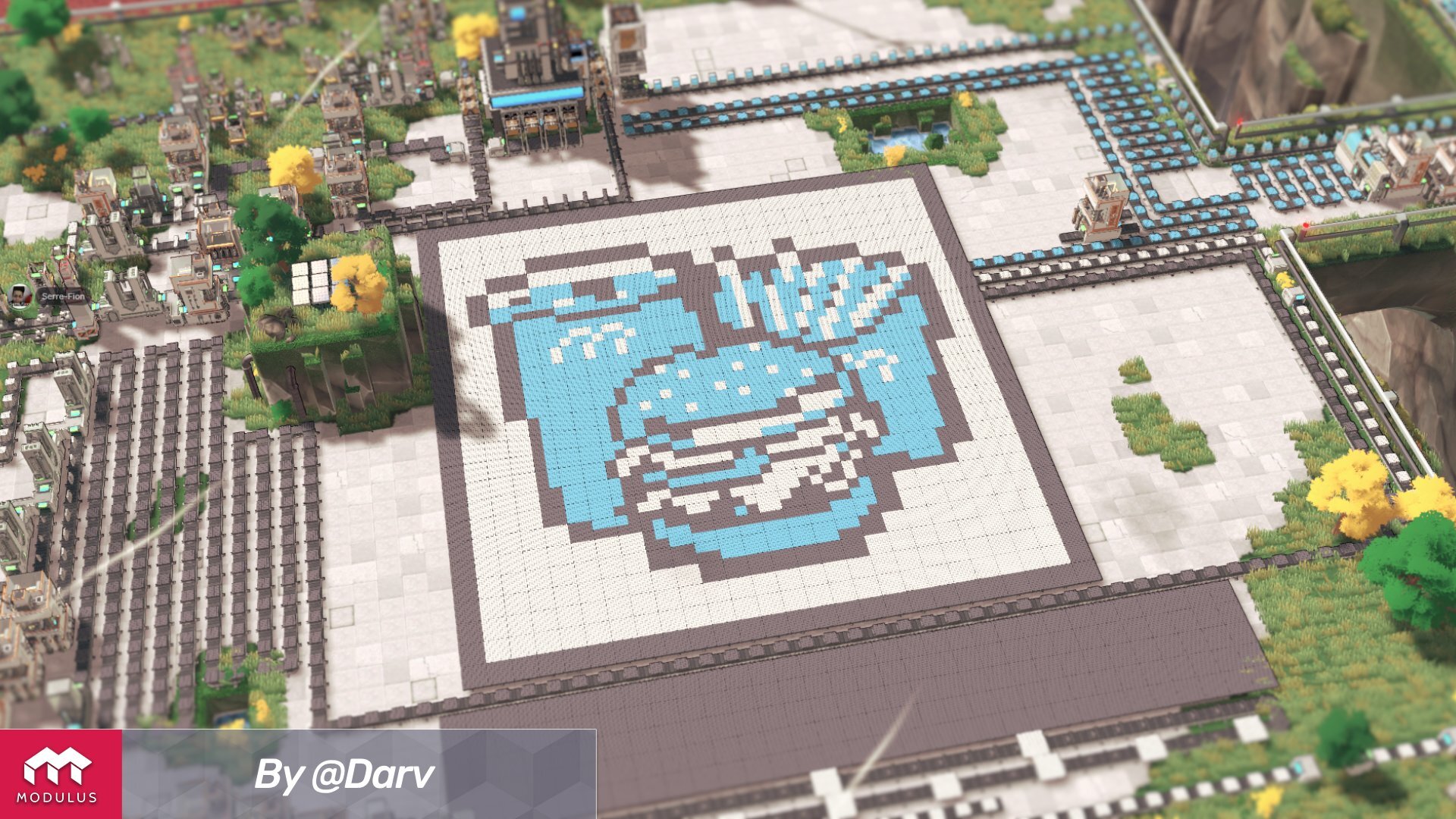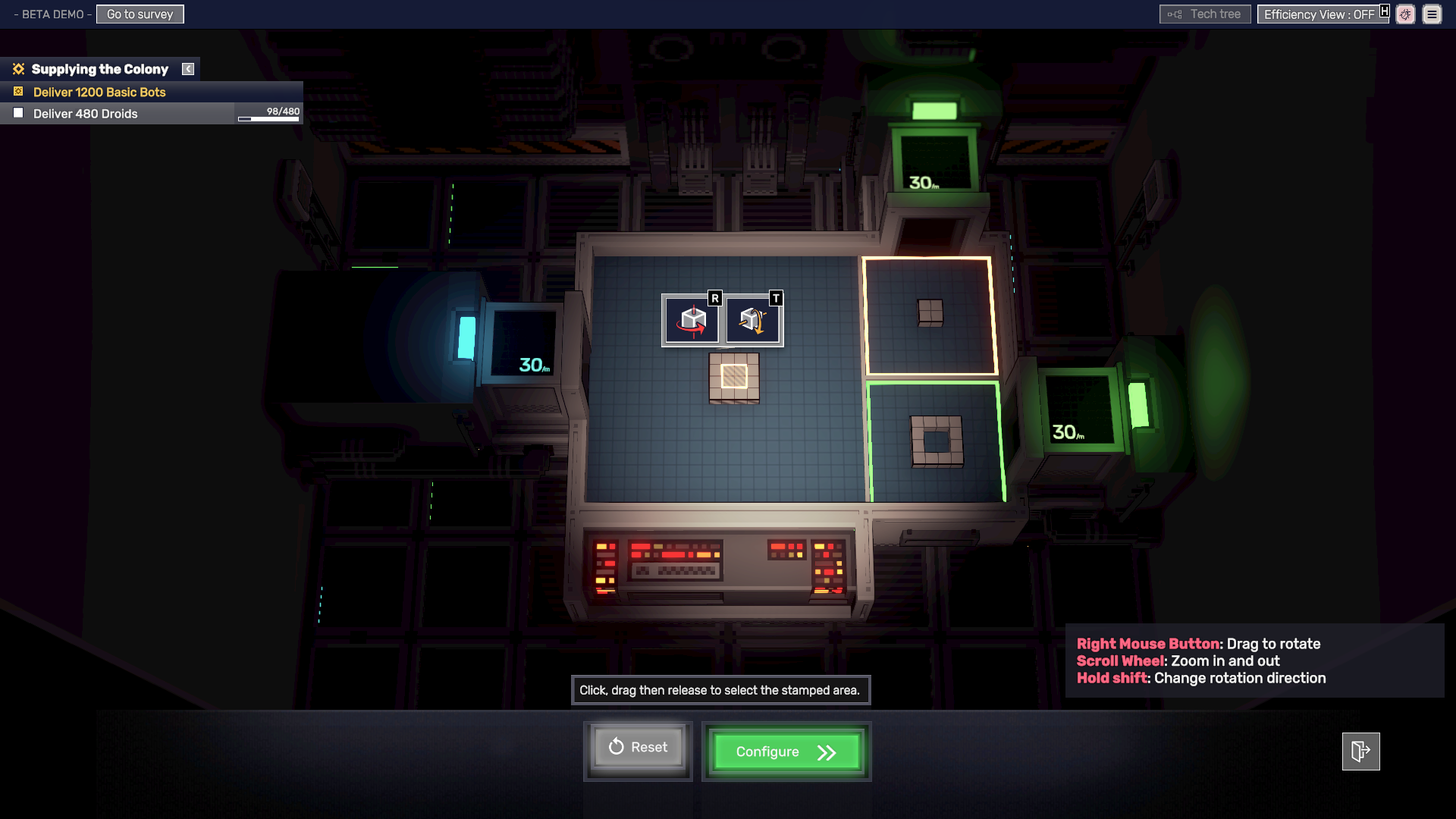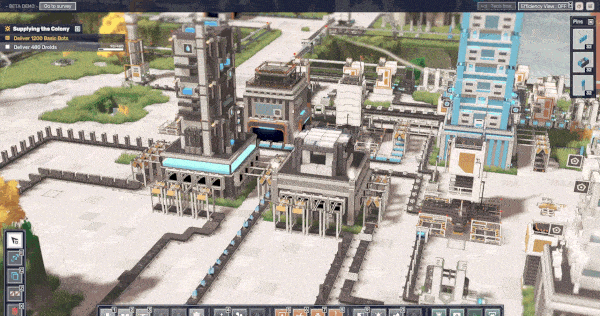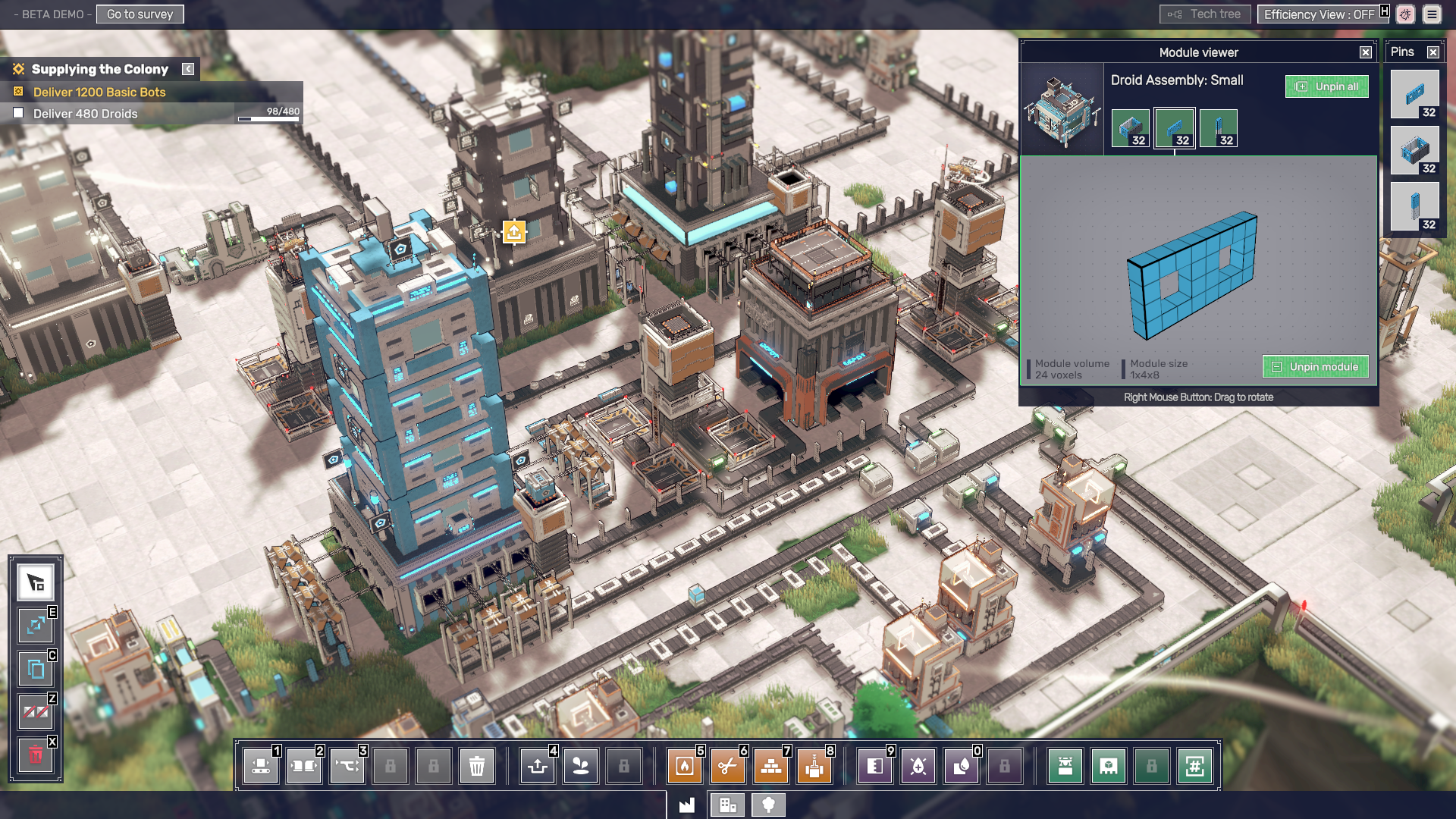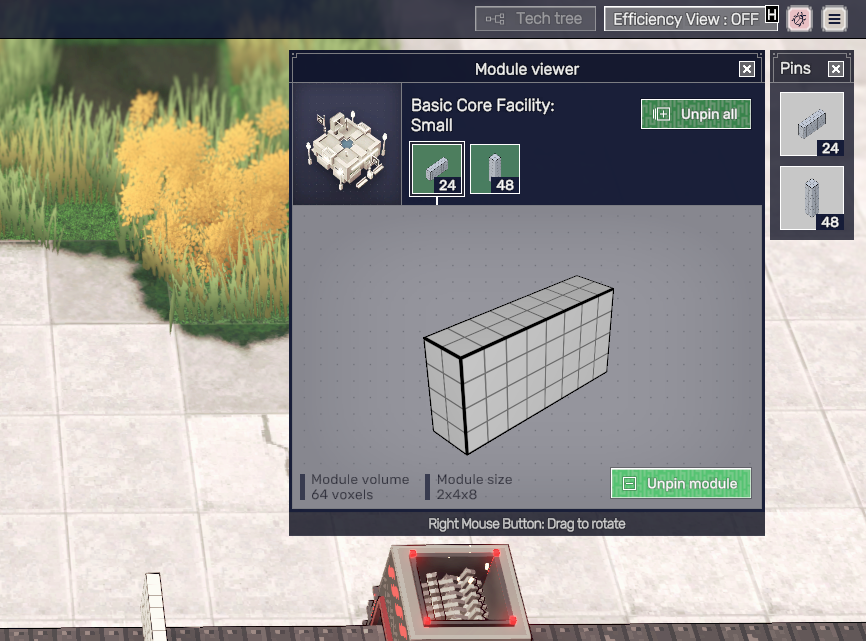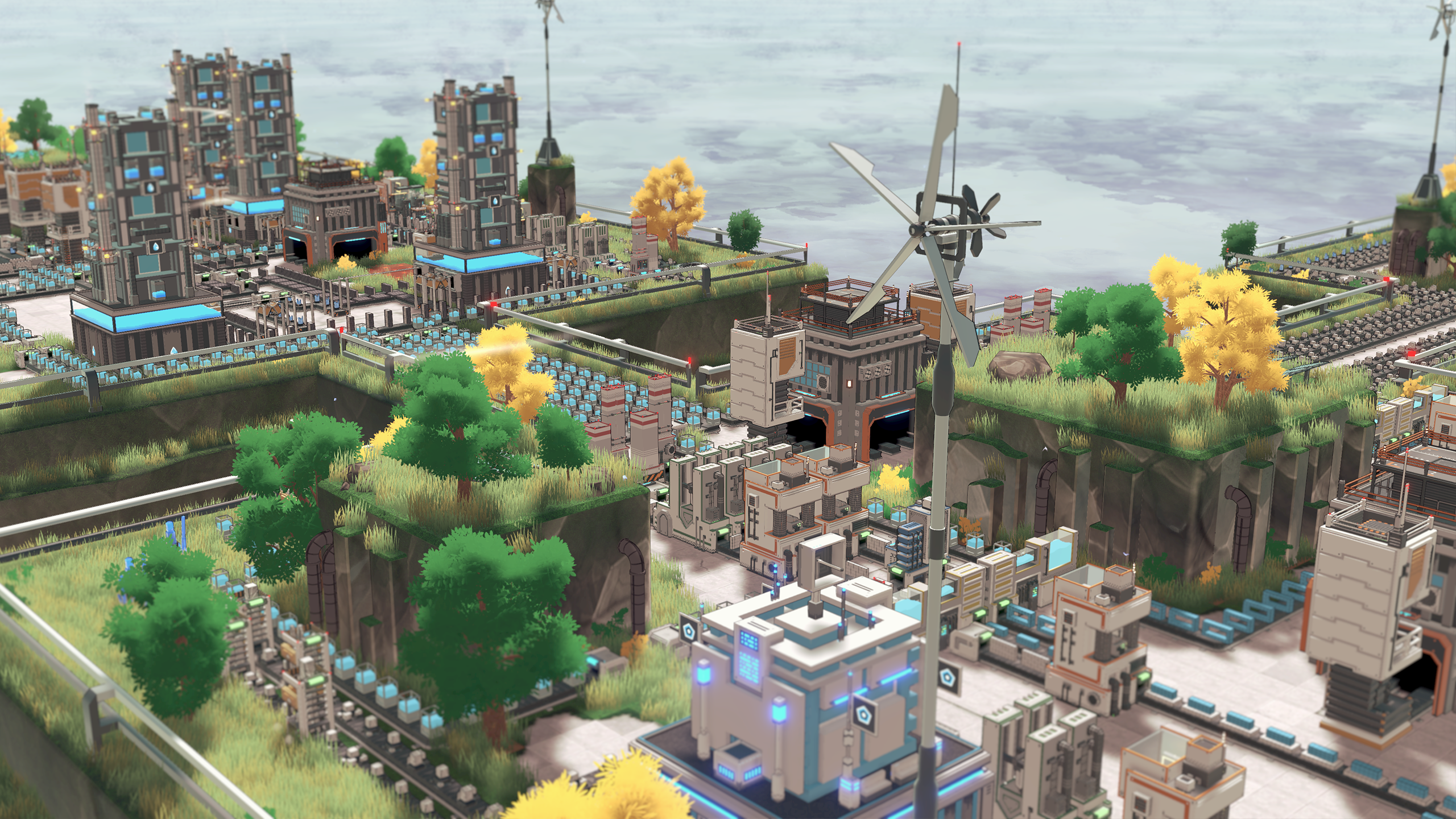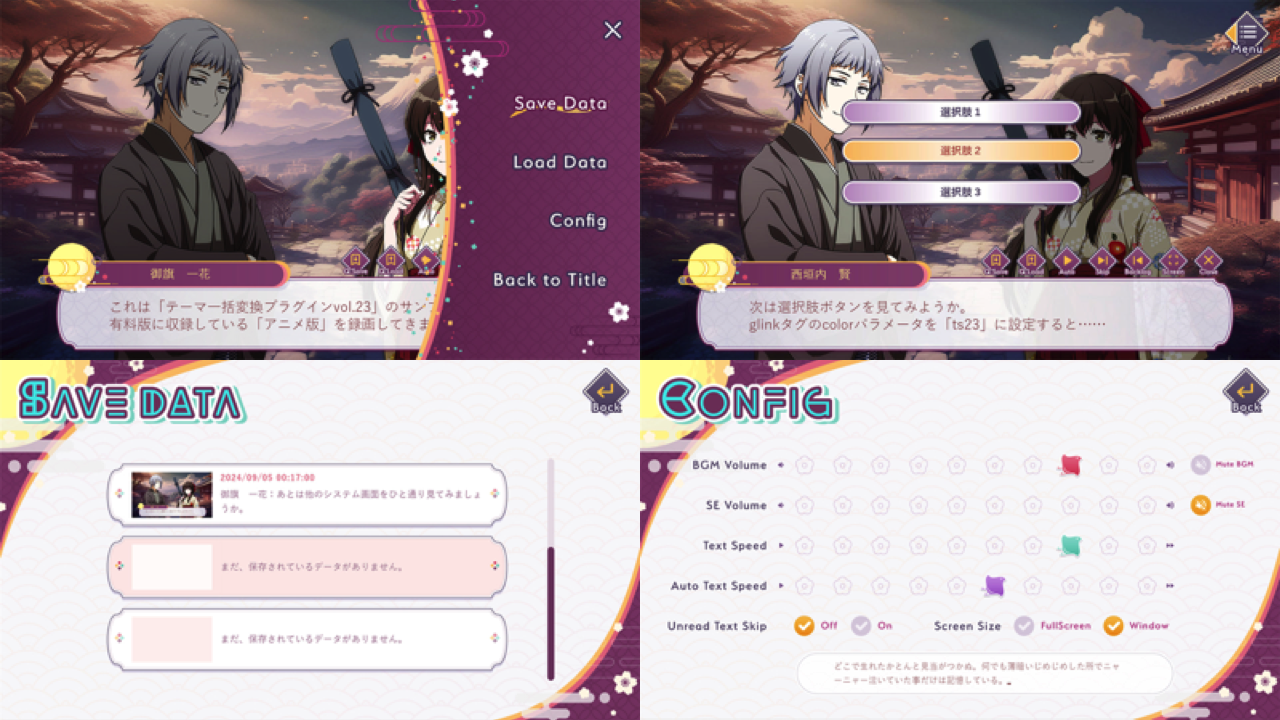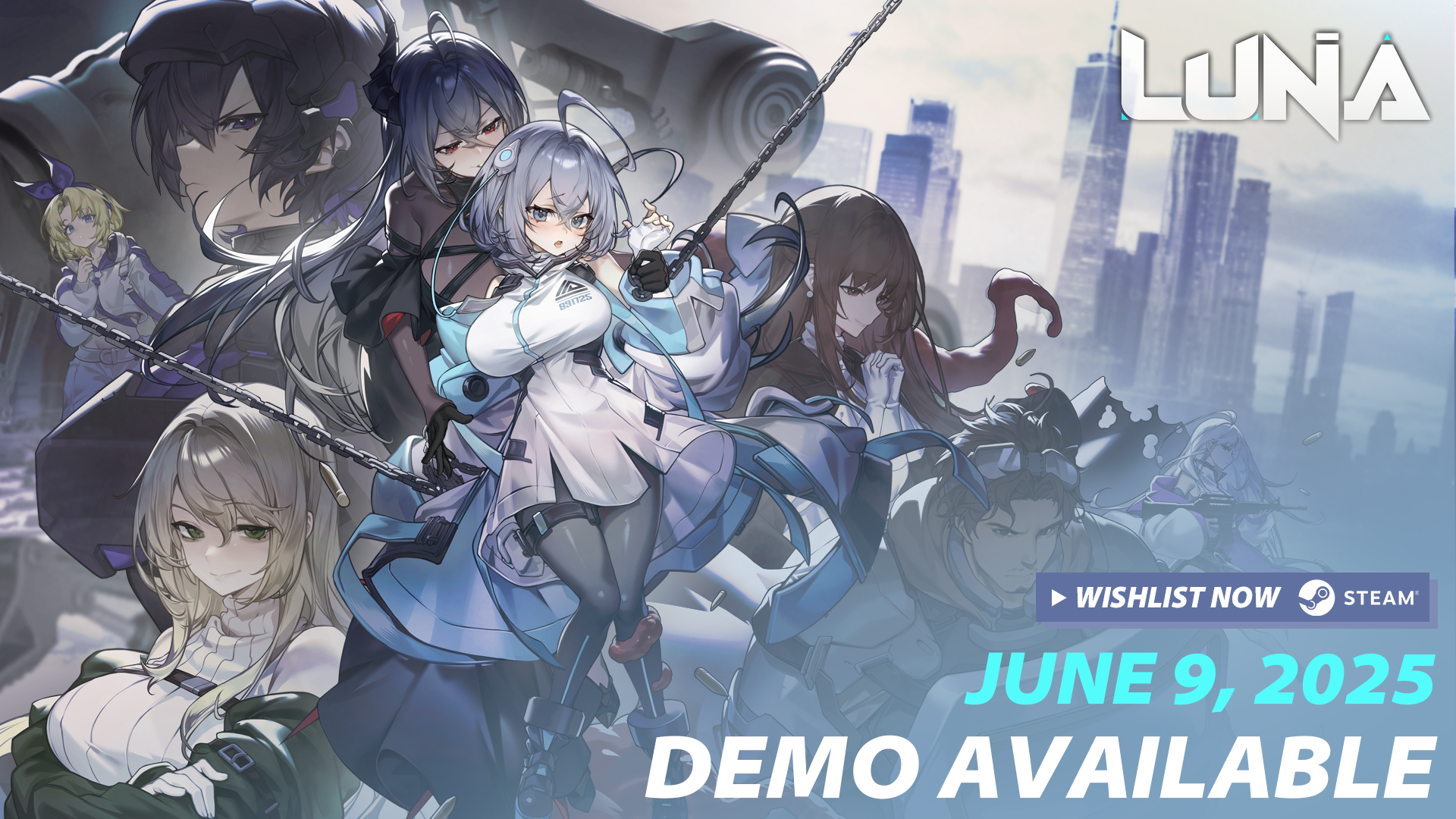
Hell is Us - Nacon
Hi everyone,
We’re about to take the biggest step yet for Hell is Us.
After introducing the game’s concept, themes, and a first glimpse of gameplay, it’s finally time for the ultimate test: letting you play it.
From June 2 to June 16, Hell is Us will be playable via a demo on Steam.
We know many of you are eagerly awaiting the game, and we would have loved to offer the demo on consoles as well. Unfortunately, due to technical constraints, this isn’t currently possible — it’s simply much easier to release a demo on PC.
Please rest assured: Hell is Us will launch simultaneously on PC and consoles, with the same content and the same level of polish. Development is progressing equally across all platforms — this limitation only concerns the demo.
The demo begins right at the start of the game.
You’ll step into Rémi’s shoes, armed with only the limited information he has, and begin your descent into Hadea.
This introduction is meant to ease you into Hell is Us and its core gameplay systems.
It won’t show you everything the full game has to offer — it’s just the beginning.
Some of the key elements, like exploration and the player plattering experience, truly come into their own as the world opens up and the layers unfold.
The full release is set for September 4, nearly three months after the demo goes live.
While the demo represents a solid slice of the game, some features and content will only be available in the final version.
🗣️ Localisation:
The demo will be available in English only, including full English voice acting.
The full game will support the following languages:
Voice acting
English, French
Text & Subtitles
English, French, Italian, German, Spanish, Chinese (Simplified), Russian, Polish, Portuguese, Japanese, Korean, Turkish.
Hell is Us is not designed to be an easy game — but it is designed to be accessible.
The demo includes three difficulty levels as well as several customization options to tailor the experience to your play style.
We encourage you to experiment and find the setting that feels right.
If you checked the system requirements earlier on Steam, you might have noticed they seemed a bit high. That’s because we hadn’t completed our full optimization tests yet.
We’ve now finalized the specs, and you can find the updated requirements on our Steam page.
Additionally, we’ll put together a dedicated news post with more details very shortly.
This demo is our final opportunity to gather your feedback before launch — and we’ll be paying close attention.
You can share your impressions in the Steam Discussions, on social media, or directly on Discord, where we’ll be actively engaging with the community.
We’re also setting up dedicated channels for demo feedback, so don’t hesitate to jump in.
Join our Discord ➡️ DISCORD
It wouldn’t be Hell is Us if we told you everything, would it?
We hope you enjoy the demo — and we can’t wait to see how you experience the world of Hell is Us.
DISCORD X FACEBOOK INSTAGRAM
We’re about to take the biggest step yet for Hell is Us.
After introducing the game’s concept, themes, and a first glimpse of gameplay, it’s finally time for the ultimate test: letting you play it.
From June 2 to June 16, Hell is Us will be playable via a demo on Steam.
🎮 A quick word for our console players:
We know many of you are eagerly awaiting the game, and we would have loved to offer the demo on consoles as well. Unfortunately, due to technical constraints, this isn’t currently possible — it’s simply much easier to release a demo on PC.
Please rest assured: Hell is Us will launch simultaneously on PC and consoles, with the same content and the same level of polish. Development is progressing equally across all platforms — this limitation only concerns the demo.
📖 What does the demo cover?
The demo begins right at the start of the game.
You’ll step into Rémi’s shoes, armed with only the limited information he has, and begin your descent into Hadea.
This introduction is meant to ease you into Hell is Us and its core gameplay systems.
It won’t show you everything the full game has to offer — it’s just the beginning.
Some of the key elements, like exploration and the player plattering experience, truly come into their own as the world opens up and the layers unfold.
🔧 The game is still in development
The full release is set for September 4, nearly three months after the demo goes live.
While the demo represents a solid slice of the game, some features and content will only be available in the final version.
🗣️ Localisation:
The demo will be available in English only, including full English voice acting.
The full game will support the following languages:
Voice acting
English, French
Text & Subtitles
English, French, Italian, German, Spanish, Chinese (Simplified), Russian, Polish, Portuguese, Japanese, Korean, Turkish.
⚔️ Difficulty Options
Hell is Us is not designed to be an easy game — but it is designed to be accessible.
The demo includes three difficulty levels as well as several customization options to tailor the experience to your play style.
We encourage you to experiment and find the setting that feels right.
💻 PC Specs
If you checked the system requirements earlier on Steam, you might have noticed they seemed a bit high. That’s because we hadn’t completed our full optimization tests yet.
We’ve now finalized the specs, and you can find the updated requirements on our Steam page.
Additionally, we’ll put together a dedicated news post with more details very shortly.
💬 We want your Feedback
This demo is our final opportunity to gather your feedback before launch — and we’ll be paying close attention.
You can share your impressions in the Steam Discussions, on social media, or directly on Discord, where we’ll be actively engaging with the community.
We’re also setting up dedicated channels for demo feedback, so don’t hesitate to jump in.
Join our Discord ➡️ DISCORD
👁️ The rest is yours to discover.
It wouldn’t be Hell is Us if we told you everything, would it?
We hope you enjoy the demo — and we can’t wait to see how you experience the world of Hell is Us.
Follow us on our socials medias to take part in future community events.
DISCORD X FACEBOOK INSTAGRAM





